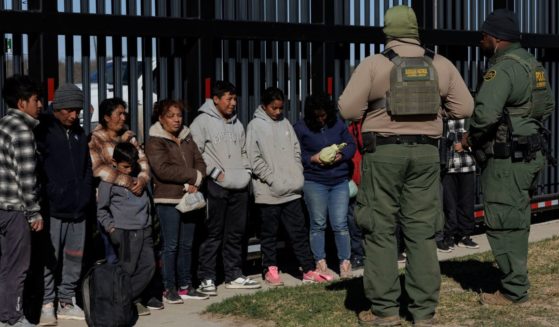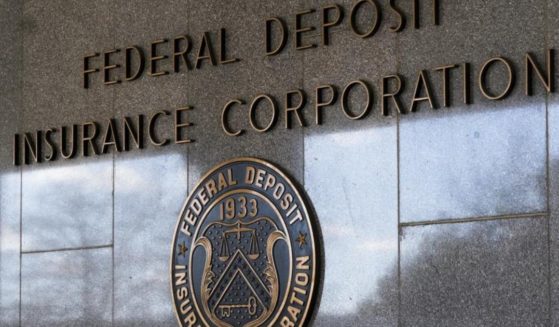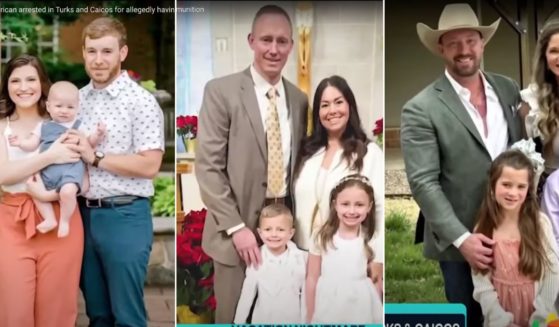Check Your Receipt: Glitch Causes Customers to Double Pay Taxes on Groceries
The state of Alabama reduced its sales tax rate effective Friday, but some shoppers actually saw the amount they paid for groceries on Friday go up, instead of down.
The sales tax on food was reduced from 4 percent to 3 percent, starting September 1.
But Walmart and Sam’s Club locations throughout the state accidentally charged some customers both the old rate and the new rate — increasing the effective rate to 7 percent instead of reducing it to 3 perfect.
“Earlier today, some Walmart customers and Sam’s Club members across Alabama were incorrectly overcharged sales tax while shopping with us,” a statement from Walmart Media Relations provided to WHNT in Huntsville said.
“Effective Sept. 1, the sales tax rate on food decreased by one percentage point statewide. Our systems mistakenly charged both the old rate and the new rate at the time of sale.”
The statement asked customers to check their receipts and give the stores an opportunity to correct their mistakes.
“We’re asking customers who used cash while shopping with us today to check their receipts,” Walmart said. “If they see they’ve been charged two separate sales tax amounts, bring that receipt to their Walmart store or Sam’s Club and speak with a member of management to get a refund for the higher of the two taxes.
“Customers who used credit cards and other forms of payment will receive a notification their refunds were automatically applied,” it added.
After a customer sent a receipt to WHNT, the station sent a news crew to Walmart and made a purchase. They also were charged both sales taxes.
Alabama Gov. Kay Ivey signed the bill reducing the state tax on grocery purchases in June.
The tax may be further reduced, in accordance with the new law. If the state’s Education Trust Fund grows by at least 3.5 percent over the prior year, the sales tax on groceries will fall to 2 percent.
That could happen as soon as Sept. 1, 2024, but the fund doesn’t grow sufficiently to trigger the sales tax drop next year, it will take place in whatever year that level of increase is realized.
“As Alabamians and Americans alike are grappling with tighter times, I am hopeful that this decision by the Legislature to slightly reduce the sales tax on certain food items will be truly felt by Alabama families,” Ivey said in a statement at the time, according to another report from WHNT.
The legislation passed unanimously, the outlet reported.
Democratic State Rep. Penni McClammy told WHNT Tuesday that she expected the other 1 percent drop in the tax rate to happen next year.
“Right now, the way things are growing with the budget, it does seem like we should have enough money,” she said.
Both she and State Sen. Andrew Jones, a Republican, agree that the goal is to eliminate the grocery tax completely.
“It’s a big day for working Alabamians who are just trying to put food on the table,” Jones said.
The outlet estimated that each percentage point reduction in the state tax level would save a family of four about $150 annually, although increases in local grocery taxes could always eat into that.
Truth and Accuracy
We are committed to truth and accuracy in all of our journalism. Read our editorial standards.












